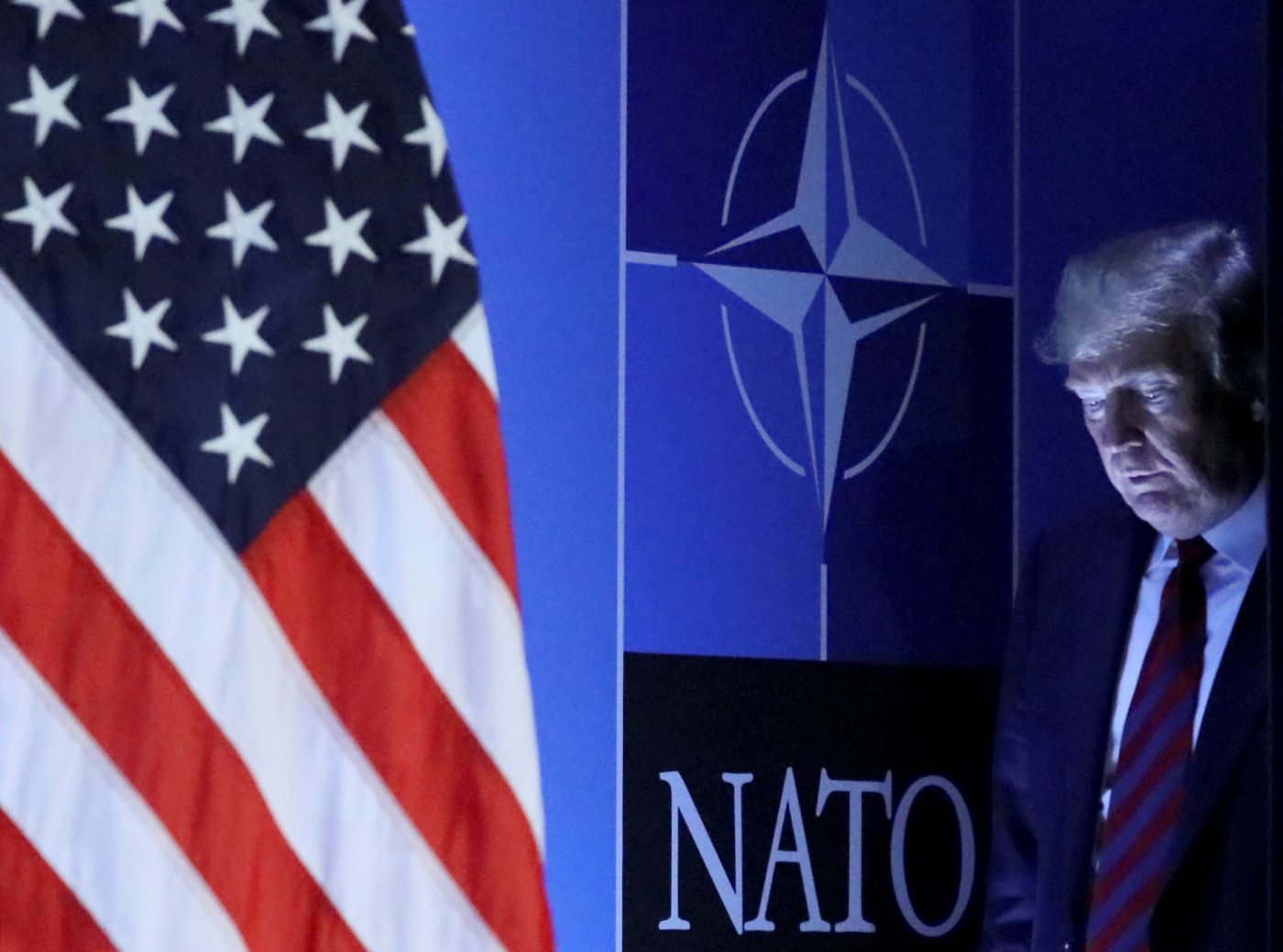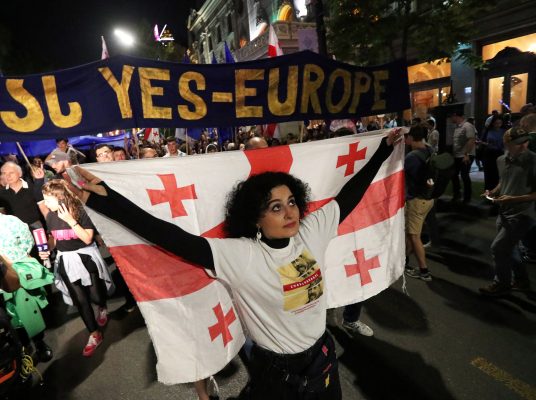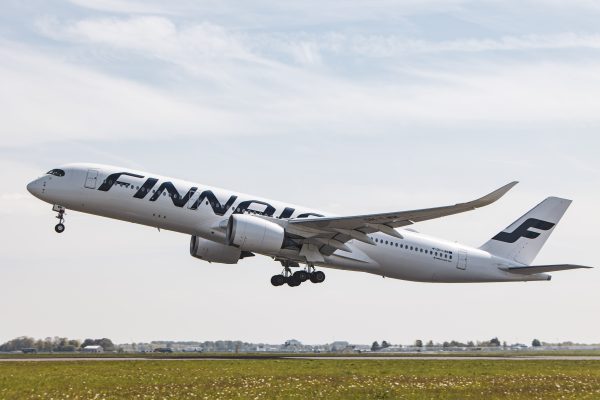For three decades after 1991, Europeans ignored the threat from Russia and China, skimped on defense, and took the United States for granted. Now they spend more on defense, fear Russia, and worry about China.
But they have not yet fully grasped their dependence on the United States, and the dangers it poses. They were unprepared for Donald Trump’s first term. They are adopting the same hopey-dopey approach to what the betting markets say is his one-in-three chance of re-election in 2024, and, perhaps more importantly, to the tide of opinion he is riding. Many in Washington, DC—not only Trump supporters—think the US is overstretched and should leave Ukraine to the Europeans while concentrating on China.
True, the first Trump presidency was not the geopolitical disaster that his critics foretold. The US military presence in Europe increased, after years of drawdown. Alliances survived. The national security apparatus functioned. Given the woeful past (Obama’s reset, anyone?) the record withstands scrutiny. But it was not fully tested. NATO’s credibility rests on the US president’s willingness to go to war to defend allies. If Vladimir Putin, perhaps emboldened by a stalemate outcome in Ukraine, chose to test this resolve, perhaps with a “minor” incursion in the Baltic region, how would President Trump 2.0 respond: With military force, or with a phone call to the Kremlin?
We do not know. But we do know that Europe will have little say in this. Ukraine has revealed its strategic nakedness. Britain and France have last-ditch nuclear capabilities, and Finland and Poland have stealthy, conventional, precision-strike weapons that act as a kind of sub-strategic deterrent. But for at least the next decade, European allies lack the clout to repel a Russian attack. Everything, as always, depends on the Americans.
The big question here is, “Why?” European allies do not lack people or cash. Their population is 590m (the US is 330m). Their combined GDP is about $18 trillion (the US, $26 trillion). They can spend when they want to: American readers may be surprised to know that since the start of the war, European countries have provided more aid to Ukraine than the US does.
Nor have they lacked time. Every US president since Eisenhower has highlighted the dangers of underspending and strategic naïveté (including, since the 1960s, the risks of importing Soviet gas).
One reason for this inaction is the political process: in peacetime, voters generally prefer welfare spending. Another, more sophisticated, reason is that decision-makers and opinion-formers reckon that the US needs allies and is, therefore, willing to pay for their security.
That approach may once have seemed thrifty if cynical. Now it looks complacent and costly. The Ukraine war showed the limits of the American risk appetite. The Biden administration has provided weapons but is always constrained by fears of escalation. Decisions (on tanks, long-range strikes, and warplanes) came late, or not at all. That bought time for Russia to strengthen its defenses. Ukrainians have paid a horrible price already. If Russia is not defeated in Ukraine, all of Europe faces decades of danger. With the US increasingly distracted by the threat from China, it may face them alone.
Just imagine if Europe had started taking internal and external security seriously after one of the many, long-ignored wake-up calls in the past, such as Russia’s cyberattack on Estonia in 2007. By now, European allies could be a formidable global partner to the United States, not only regarding China but also on other pressing global issues. That would mean costs and responsibilities. But it would also bring privileges, not least being taken seriously.
Europe’s Edge is CEPA’s online journal covering critical topics on the foreign policy docket across Europe and North America. All opinions are those of the author and do not necessarily represent the position or views of the institutions they represent or the Center for European Policy Analysis.





